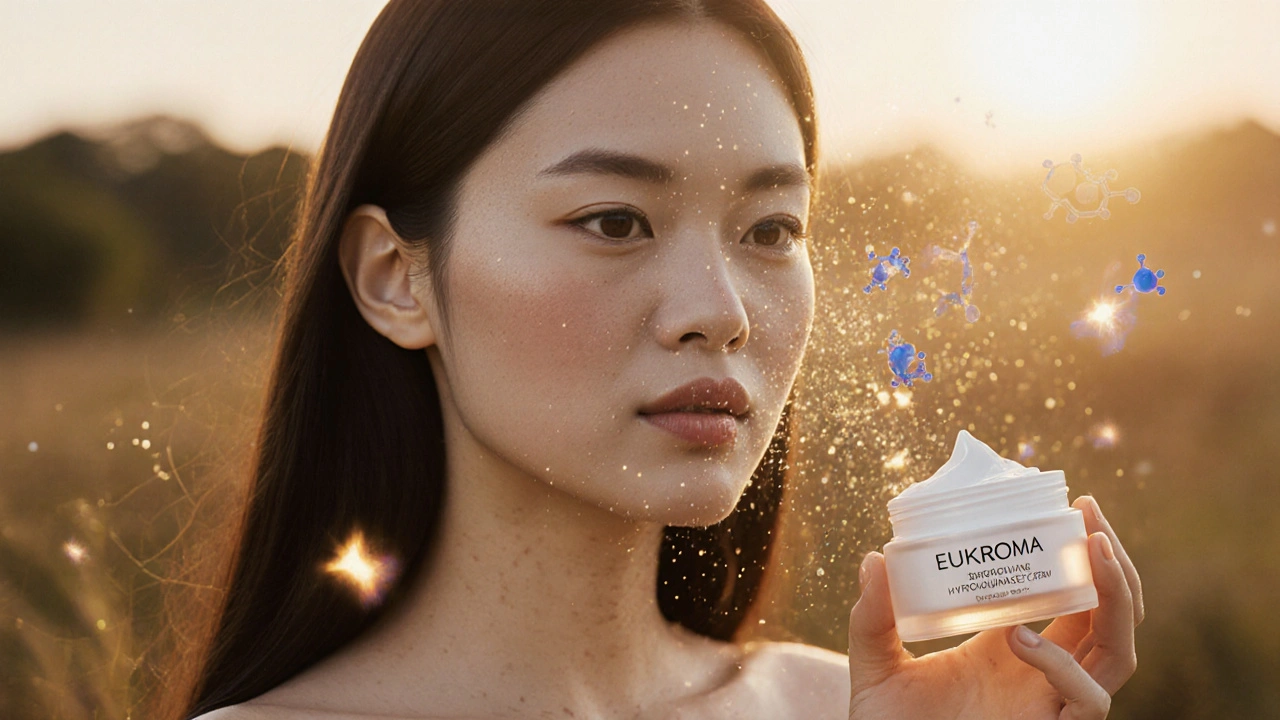When your skin develops dark patches—whether from sun exposure, acne scars, or hormonal changes—you’re dealing with hyperpigmentation, a common skin condition where excess melanin causes uneven darkening. Also known as skin discoloration, it doesn’t hurt, but it can make you feel self-conscious. It’s not a disease, but it’s one of the most frequent reasons people visit dermatologists. You’ve probably tried creams, serums, or even home remedies, only to see little change. That’s because not all hyperpigmentation treatment approaches are built the same. Some work fast, others take months, and some don’t work at all.
What causes these dark spots? It’s usually one of three things: UV damage, inflammation from acne or cuts, or hormonal shifts like melasma. Each type needs a different strategy. For sun-induced spots, sunscreen isn’t optional—it’s the first line of defense. For post-acne marks, ingredients like niacinamide or azelaic acid help fade them faster. And for melasma, which often flares up during pregnancy or with birth control, you’ll need more than just topical creams—you might need prescription-strength options or even light therapies. topical treatments, products applied directly to the skin to reduce dark patches are the most common starting point, but they’re not the whole story. Some people skip to lasers or chemical peels without fixing the root cause, and that’s when things go wrong.
What you won’t find in most guides? Real talk about what doesn’t work. Hydroquinone is powerful but risky if used too long. Lemon juice? It can burn your skin. And no, exfoliating daily won’t magically erase years of sun damage. The truth is, hyperpigmentation fades slowly, and consistency beats intensity. You need the right ingredients, patience, and protection from the sun every single day. Even if you’re using a prescription cream, skipping sunscreen will undo half your progress. That’s why the best results come from combining treatments with daily habits—not quick fixes.
Below, you’ll find real comparisons of what actually helps: from over-the-counter options that work to prescription drugs that make a difference, and even how some medications—like steroids or antivirals—can accidentally make dark spots worse. You’ll see what people tried, what failed, and what finally worked. No fluff. No marketing hype. Just what you need to know to stop guessing and start seeing results.
